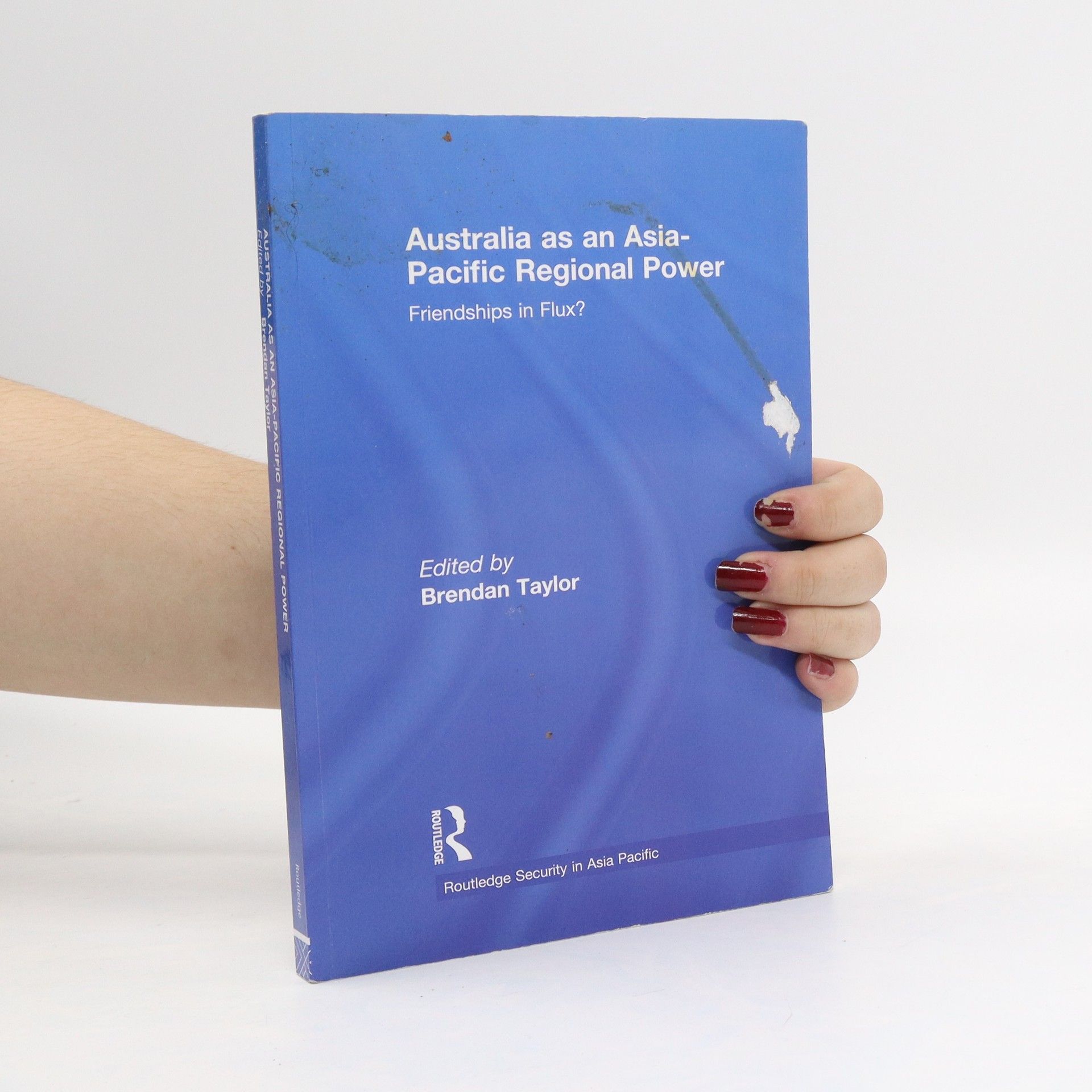This book considers the changing nature of Australia’s identity and role in the Asia-Pacific, and the forces behind these developments, with particular attention towards security alignments and alliance relationships.
Brendan Taylor Knihy


Intensifying geopolitical rivalries, rising defence spending and proliferation of the latest military technology in Asia, and their interactions across Asia as a whole, suggest that the region is set for a prolonged period of strategic contestation. None of the three competing visions for the future of Asian order - a US-led 'Free and Open Indo-Pacific', a Chinese-centred order, or the ASEAN-inspired 'Indo-Pacific Outlook' - is likely to prevail in the short to medium term. In the absence of a new framework, the risk of open conflict is heightened, and along with it the need for effective mechanisms to maintain peace and stability. As Asia's leaders seek to rebuild their economies and their societies in the wake of COVID-19, they would do well to reflect upon the lessons offered by the pandemic and their applicability in the strategic realm. Societies which have navigated the crisis most effectively have been able to do so by putting in place stringent protective measures. Crisis-management and avoidance mechanisms and even, in the longer-term, wider arms control can be seen as the strategic equivalent of such measures, and as such they should be pursued with urgency in Asia to reduce the risks of an even greater calamity.